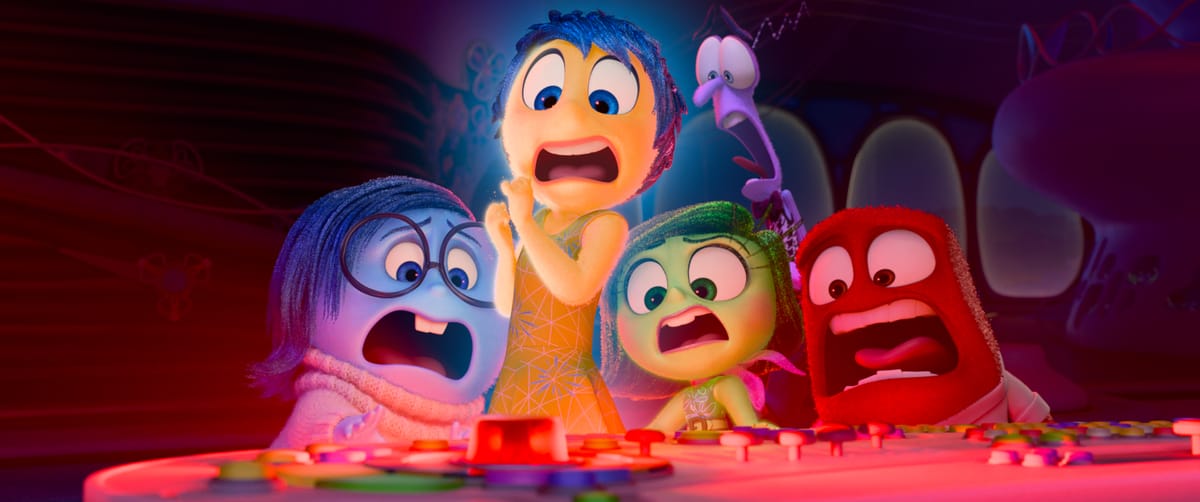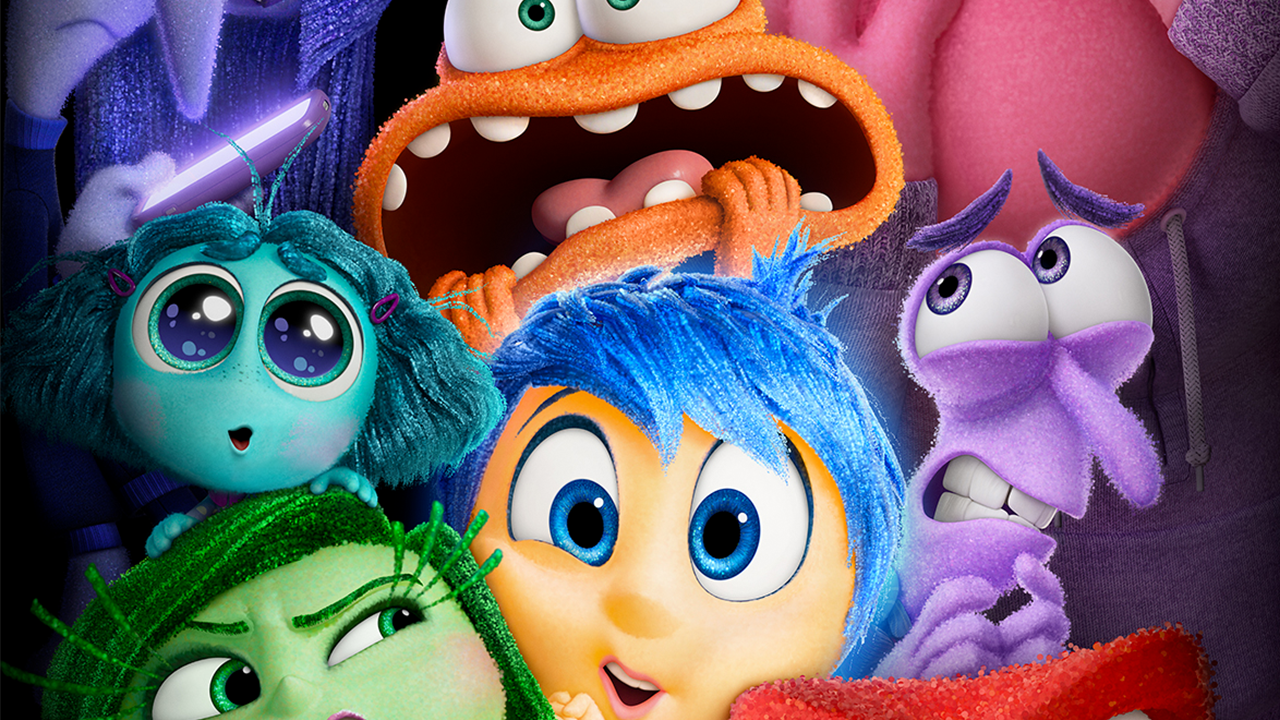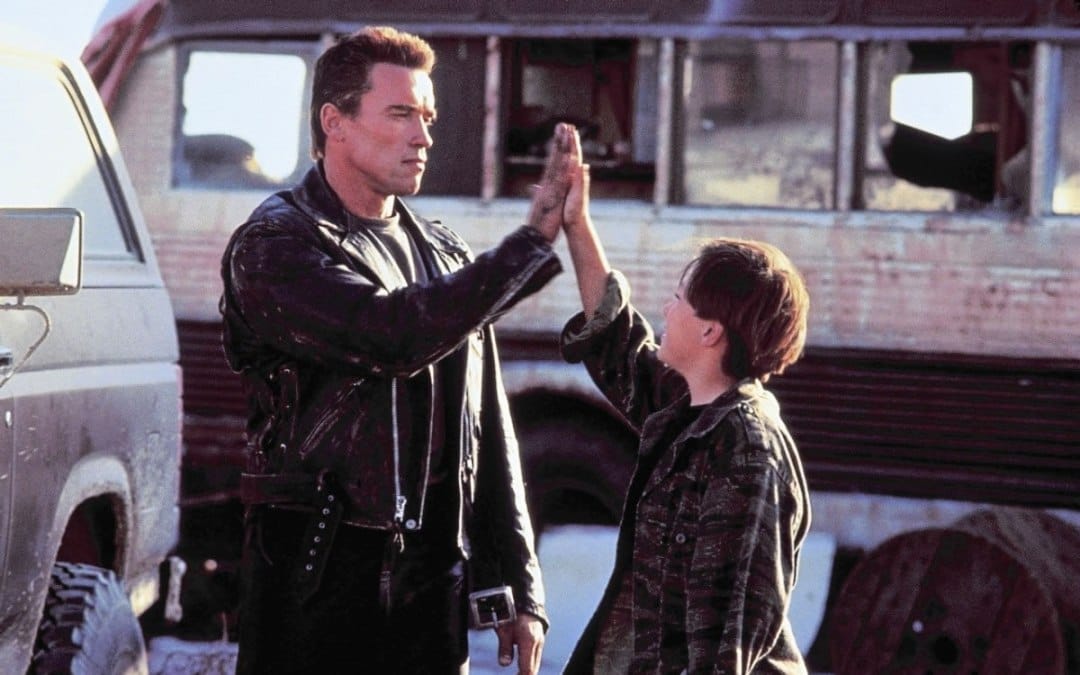Pixar Peters Out

The tracking was not looking good for this movie, but this is bad, really bad:
But the turnout for “Elio” was worse — much worse — than even Pixar had expected. The film, which cost at least $250 million to make and market, collected an estimated $21 million from Thursday evening through Sunday at theaters in the United States and Canada, according to Comscore, which compiles box office data.
It was Pixar’s worst opening-weekend result ever. The previous bottom was “Elemental,” which arrived to $30 million in 2023.
A month ago, when the “Elio” marketing campaign began to hit high gear, Pixar and its corporate owner, Disney, had hoped that “Elio” would, in the worst-case scenario, match the “Elemental” number. Instead, it fell 30 percent short.
The sad thing here is that the movie is apparently good.1 It would be one thing if Elio was bad, but critics seem to like it and audiences seem to love it – especially the most important audience for this fare: kids. So what gives?
I think, sadly, this is just the new way of things. Barnes sort of hits on it when noting that one reason why sequels and remakes do so well relative to original content is that parents can trust that their money will be well-spent. Tangential to that is the notion that there's simply so much to watch at home that a movie simply must be "special" to get someone – let alone a family – out of the house to see it. And again, sequels/remakes have a clear advantage here.
Which points to a path forward, which I've been harping on for a while, but this box office result underscores it: start a franchise as a streaming property and then "graduate" the sequel to cinemas if/when it does well.2
On one hand, this is depressing as it means that mainly sequels/remakes would populate the box office. On the other, it's reality. Unless a movie has a massive current star – and with animated movies, that obviously matters far less, if at all – it's unlikely to move the box office needle. Yes, there is the occasional break out, and that's great – studios should track for "the Anyone But You effect", where Sydney Sweeney and Glen Powell are garnering a ton of online buzz tangential at best to the actual movie and plan accordingly. But for the most part, new IP starts on streaming to see if it can take hold.
By the way, there's also nothing stopping studios from going to theaters after something starts to take hold on streaming... Hollywood needs to start thinking more outside of the typical boxes (release windows).3
Okay, that all seemingly makes sense. Again, no one in Hollywood wants to hear it because it sounds like the end of (most) new IP in cinemas. But I'm mainly talking about big studio/big budget productions. For more bespoke fare with reasonable budgets and release strategies, there's certainly an argument to be made that there's never been a better time to be making movies. There are so many technological tools now to make the art form far more accessible than it has ever been. (More on this in a minute.) Still, it's hard. Even with stars. Even when the movie is good! If you can't spend $100M to market a movie, it requires almost precision-like marketing. Even Apple keeps failing at this. Apple!
Again, there are and should be plenty of exceptions here – see: Sinners for one even more recent example that clearly tapped into something. But all of this also elevates the status of cinemas even higher as the "major leagues" of film, as it were. Once IP proves itself in the minors, it's called up...
The flaw in my strategy for (major) studios going forward is the fact that Elio cost $250M to make (including marketing). Can anyone, even Disney, really afford to spend that much money on a movie that's going straight-to-streaming? No. Obviously not. They need to bring the budget for such a production down, which again will be hard for Hollywood, and certainly creatives to hear:
The problem for Pixar is that its originals remain wildly expensive. “Ruby Gillman” and “Migration” each cost 50 percent less than “Elio” did. (Pixar movies are still produced entirely in the United States, increasing labor costs. Some other studios have started to rely on overseas production.)
In other words, if Disney/Pixar outsourced the film oversees, they could likely get it done at a much smaller price point. They would certainly argue that it wouldn't be as good – and they're undoubtedly right – but at some point, it's simply a cost/benefit equation. Words that will make the collective industry want to vomit. And that's before AI enters the equation, which the mere mention of will turn the vomiting into full-on norovirus.
But these changes are coming, and so it's silly to just bury your head in the sand and hope that they don't. Better for all the parties to talk and try to work together on solutions here. A movie like Elio simply cannot cost $250M to make in 2025. Maybe the sequel can if it's a huge success on streaming! But there's no guarantees here anymore – even for the Pixar name and brand, sadly.





1 There was clearly an issue with the original director of the movie, who had to be pulled off.
2 Or, by the way, you can start it as a video game or some other format!
3 Also Disney has a huge potential advantage here thanks to the (relative) strength of Disney+. They should leverage it!





